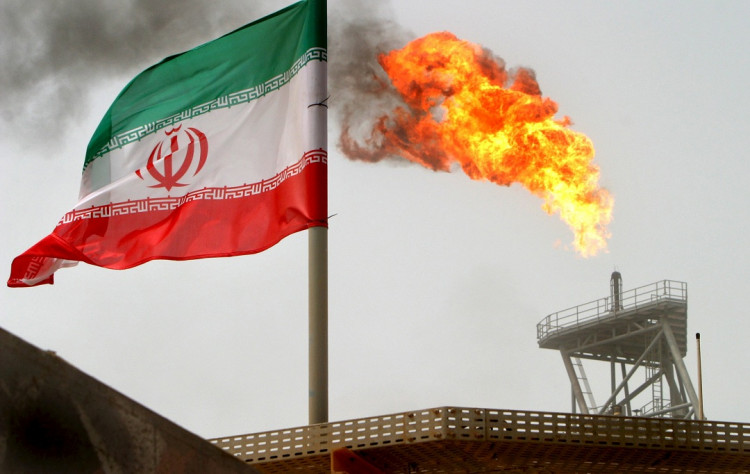Oil prices fell on Monday as the market closely watched for Iran's potential retaliation against Israel over a missile strike on the Islamic Republic's consulate in Damascus. The West Texas Intermediate (WTI) contract for May delivery dropped 60 cents, or 0.69%, to $86.31 a barrel, while the June Brent contract lost 68 cents, or 0.71%, to $90.96 a barrel.
The mounting tensions between Israel and Iran have renewed fears that direct confrontation between the two could ignite a regional conflict and disrupt crude supplies. A top Iranian military advisor, Gen. Rahim Safavi, warned Israel over the weekend that its embassies could be targeted in response to the missile strike that killed top Iranian commander Mohammad Reza Zahedi. "None of the embassies of the (Israeli) regime are safe anymore," Safavi, an advisor to Iran's supreme leader Ayatollah Ali Khamenei, said.
Meanwhile, negotiations for a ceasefire in the Israel-Hamas war are taking place in Cairo, with a Hamas official telling Reuters that no progress has been made on Monday. Israel said on Sunday that it had withdrawn more soldiers from southern Gaza, as the country has been reducing troop numbers in the region since the start of the year to relieve reservists and is under growing pressure from allies to improve the humanitarian situation in Gaza.
Among the factors affecting oil's demand outlook, a U.S. employment report on Friday suggested that the economy ended the first quarter on solid ground, which could prompt the Federal Reserve to delay interest rate cuts this year. Investors will be closely examining consumer price index data from the U.S. and China this week for further clues on the timing of possible Fed rate cuts and to gauge the economic health of the world's top two oil consumers.
John Evans, a broker at PVM, noted that the market currently does not have enough physical factors to warrant a charge beyond $90 a barrel to $100. However, he added, "But given the tinderbox nature of the current geopolitical crisis arenas of the Middle East and Ukraine/Russia and a keener interest from big money, the downside potential is also limited at present."
The U.S. jobs market is on fire, consumer spending is strong, and the economy is growing at a brisk pace, but surging oil prices pose a growing threat to that sunny economic backdrop. Moody's chief economist Mark Zandi warned that oil prices are rapidly approaching $90 a barrel, and if they keep climbing, they could hurt consumer spending and undo the meaningful progress on inflation. "It's the most serious threat to the economy," Zandi told CNN in a phone interview. "Nothing does more damage to the economy more quickly than higher oil prices."
Zandi also highlighted the potential political consequences if gasoline prices spike above $4 a gallon and stay there. Moody's published a model earlier this year that showed gas prices are a key variable in the November election, one that could tip the scales in favor of former President Donald Trump. "If they go above $4 a gallon for more than two or three months, Trump will win," Zandi said.
Despite the growing risks, some energy market veterans are standing by their cautiously optimistic forecasts. Andy Lipow, president of Lipow Oil Associates, expects the national average to climb toward $3.70 a gallon in the coming weeks but is not calling for $4 a gallon. Similarly, Patrick De Haan, head of petroleum analysis at GasBuddy, told CNN that he is still expecting gas prices to average in the upper-$3 range unless a major hurricane damages U.S. refineries. "I still don't think a $4 a gallon national average is imminent," De Haan said.






